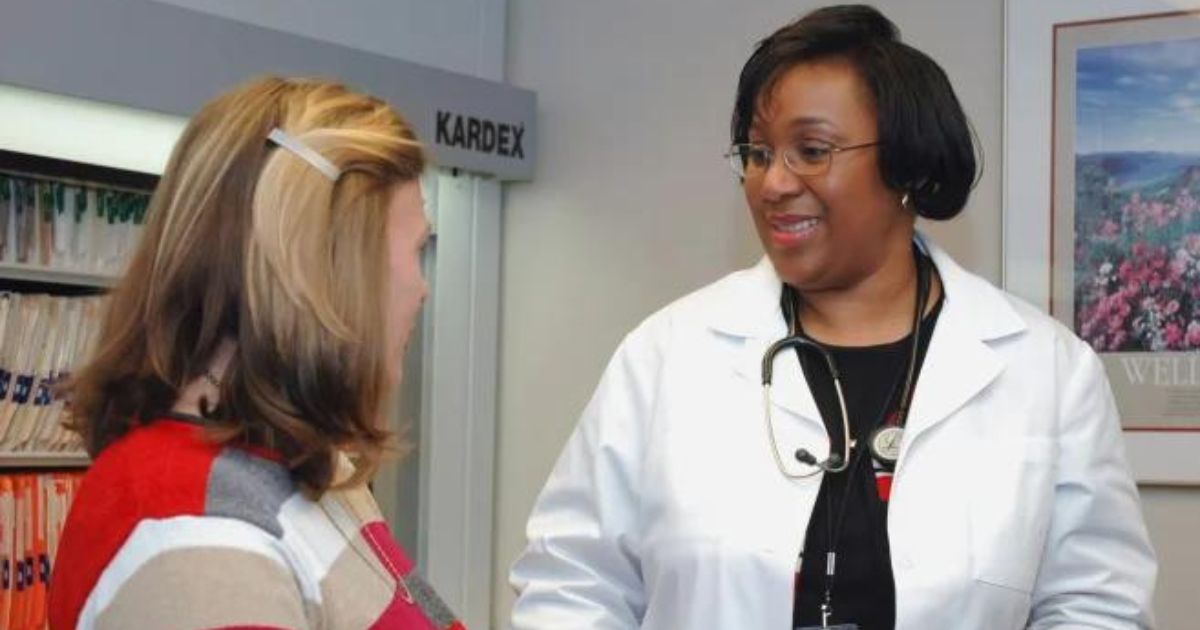
For those with addiction, residency in a rehabilitation center signifies a significant milestone on the path to recovery. While diverse in their specific methodologies, rehab centers provide a structured and supportive space for healing. Treatment plans are meticulously individualized, addressing the full spectrum of addiction challenges, including both substance abuse and alcohol dependence.
Though the specifics can vary widely from one facility to another, based on the level of care and the type of addiction treated, most share a common framework in terms of daily routines, therapeutic interventions, and recreational activities. This article will explore what life is like inside a rehab center, highlighting the commonalities in structure, therapy, and support that patients can expect during their stay.
What is a Rehab Center?
Rehabilitation centers are vital institutions in the journey toward recovery, offering structured programs designed to help individuals break free from the chains of addiction and other disorders. These centers provide a sanctuary where patients can focus wholly on their recovery, away from the triggers and stresses of everyday life.
The decision to invest time to go to rehab is a monumental step for those seeking to reclaim their lives from the grips of addiction, marking the beginning of a transformative journey toward health and well-being.

Types of Rehabilitation Centers
There are various types of addiction treatment centers, each catering to different needs and lifestyles, ensuring that anyone who decides it’s time to go to rehab can find a fitting program.
Residential Centers
Residential or inpatient centers offer a comprehensive, immersive experience. Patients reside within the facility, receiving round-the-clock care and support. This environment is ideal for those requiring a high level of support and a structured setting to address their addiction.
Outpatient Centers
Outpatient centers provide a more flexible approach, allowing patients to maintain their daily responsibilities while attending scheduled treatment sessions. This model suits individuals with mild to moderate addiction levels or those transitioning from inpatient care.
Telehealth
Telehealth services have emerged as a viable option, offering remote support through digital platforms. This method facilitates access to therapy and counseling, overcoming geographical and physical barriers to treatment.
What Disorders Does a Rehab Center Help With Rehabilitation?
Rehab centers are equipped to address a wide range of disorders, tailoring their programs to meet the specific needs of their patients.
Substance Abuse
While there are differences between alcohol and drug rehab, these facilities employ specialized strategies to address the unique challenges associated with each type of addiction. Both aim to achieve sobriety, but the approach and therapy methods may vary, reflecting the distinct nature of alcohol versus drug dependency.
Behavioral Addictions
Beyond substance abuse, rehab centers also provide treatment for behavioral addictions, such as gambling, eating disorders, and internet addiction. These programs are designed to help individuals develop healthier coping mechanisms and decision-making skills.
Mental Health Disorders
Many rehab centers also offer dual diagnosis programs, treating co-occurring mental health disorders alongside addiction. This holistic approach ensures that underlying psychological issues are addressed, facilitating a more comprehensive and lasting recovery.

Rehab Recovery Programs
Rehab recovery programs are meticulously designed to guide individuals through the intricate journey of healing, employing various therapeutic modalities to address the multifaceted nature of addiction. These programs lay down the foundational steps to recovery, offering a roadmap toward a healthier, substance-free life. The ultimate goal is to equip patients with the tools and knowledge necessary for maintaining long-term sobriety.
Behavioral Therapy for Addiction Treatment
Behavioral therapy is a cornerstone of addiction treatment, focusing on identifying and modifying negative thought patterns and behaviors associated with substance abuse. This approach helps individuals develop strategies for coping with cravings and avoiding triggers.
Medications-Assisted Treatment
Medication-assisted treatment (MAT) combines pharmacological interventions with counseling and behavioral therapies to treat substance use disorders. This method can significantly reduce the physical cravings and withdrawal symptoms, making sobriety more attainable with time.
Support Groups for Substance Abuse
Support groups play a crucial role in the recovery process, providing a platform for sharing experiences and receiving encouragement from peers who understand the challenges of addiction. This community support is instrumental in reinforcing recovery for patients.
Aftercare Plans
Aftercare planning is an essential component of rehab programs, ensuring a seamless transition into daily life post-treatment. Tailored aftercare plans help sustain the benefits of addiction recovery, preventing relapse and supporting a long-term commitment to sobriety.
What Does the Schedule Look Like at a Rehab Center?
The schedule at a rehab center is carefully designed to provide structure, stability, and a sense of normalcy to individuals on their journey to recovery. A typical day in rehab is balanced between therapy sessions, physical activities, and personal time, ensuring a holistic approach to healing. This structure is crucial in offering a predictable routine that helps individuals cope with the uncertainties of addiction recovery.
List of Daily and Weekly Activities
A typical day in rehab begins early, setting a disciplined yet nurturing tone for the day ahead. The morning usually starts with a nutritious breakfast, followed by a communal meeting or meditation to encourage a positive mindset. For those in the early stages of detox, medications might be administered to help manage withdrawal symptoms, ensuring that individuals can participate in daily activities with greater comfort and stability.
Therapy Sessions
The core of the day’s schedule revolves around therapy sessions, which may be conducted in individual or group formats. Individual therapy offers a confidential space to explore personal issues with a therapist, facilitating deep introspection and growth. Group therapy, on the other hand, provides a sense of community, allowing individuals to share their journeys and learn from the experiences of others.
Physical Activities
Physical activity is another cornerstone of the daily schedule, with rehab centers often providing exercise programs, yoga, or outdoor activities. Physical wellness is integral to mental health, and these activities contribute to overall well-being.
Educational Workshops and Guest Speakers
Educational workshops and guest speakers, including former addicts who have successfully recovered through rehab, are an integral part of the weekly schedule. Hearing firsthand from those who have navigated the path to recovery can be incredibly motivating, offering hope and practical advice for those in the midst of their own recovery journey.
Evening Activities
The day usually winds down with leisure time, allowing individuals to relax and engage in personal hobbies or informal gatherings. This is followed by a group meeting, where reflections on the day’s learnings and experiences are shared. This structured end to the day helps reinforce the day’s progress and fosters a sense of community and mutual support.

Visit a Local Rehab Center for Substance Abuse Recovery
We understand the challenges and hardships that come with battling substance abuse. It’s a journey that no one should embark on alone. That’s why we encourage you to consider the support, guidance, and comprehensive care provided by local rehab centers. These institutions offer a sanctuary for healing by providing the tools and resources necessary for a successful recovery journey. Together, we can overcome the hurdles of addiction and pave the way toward a healthier, sober future. Visit American Treatment Network, an outpatient rehab center for professional substance abuse help.


